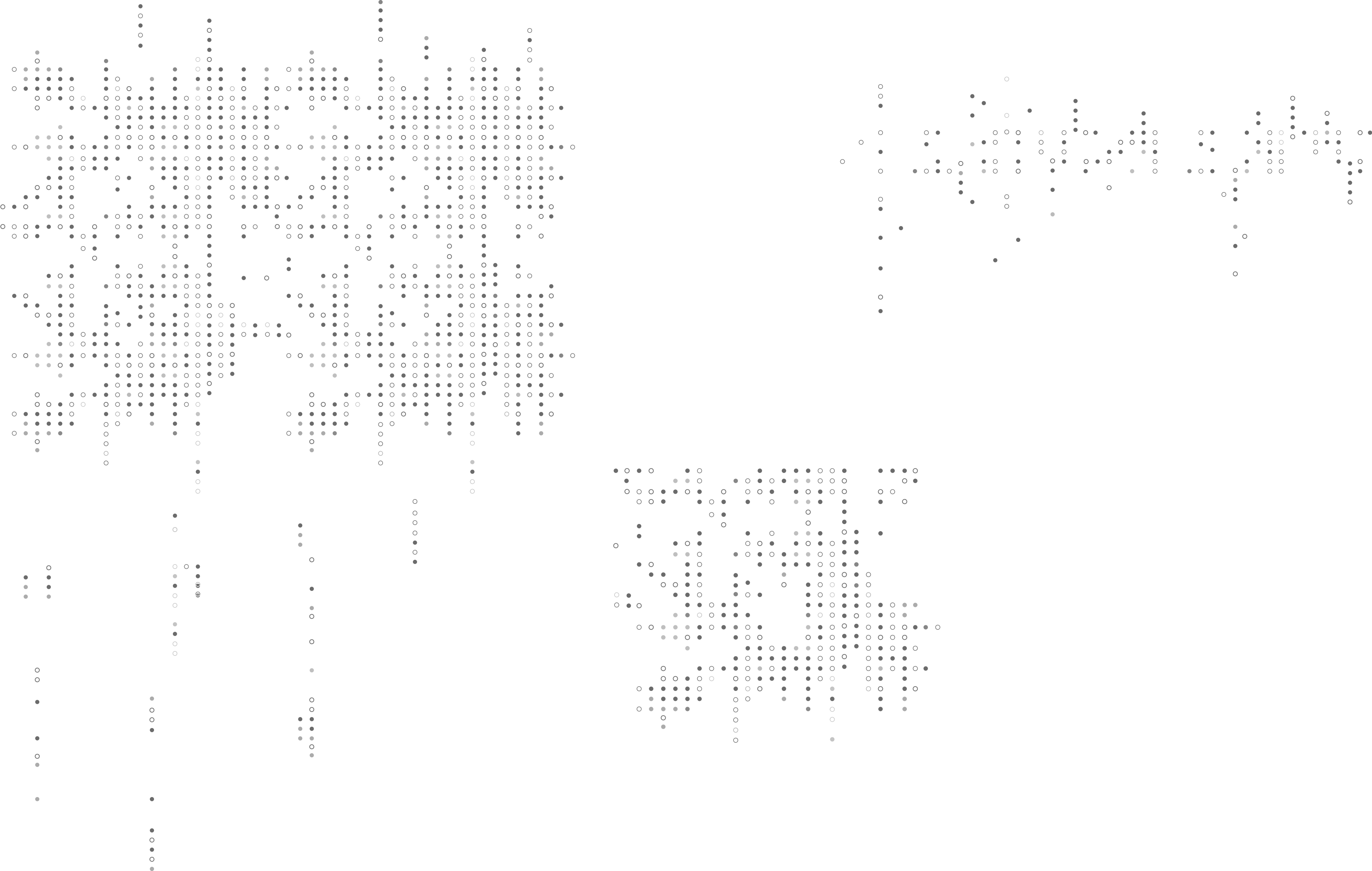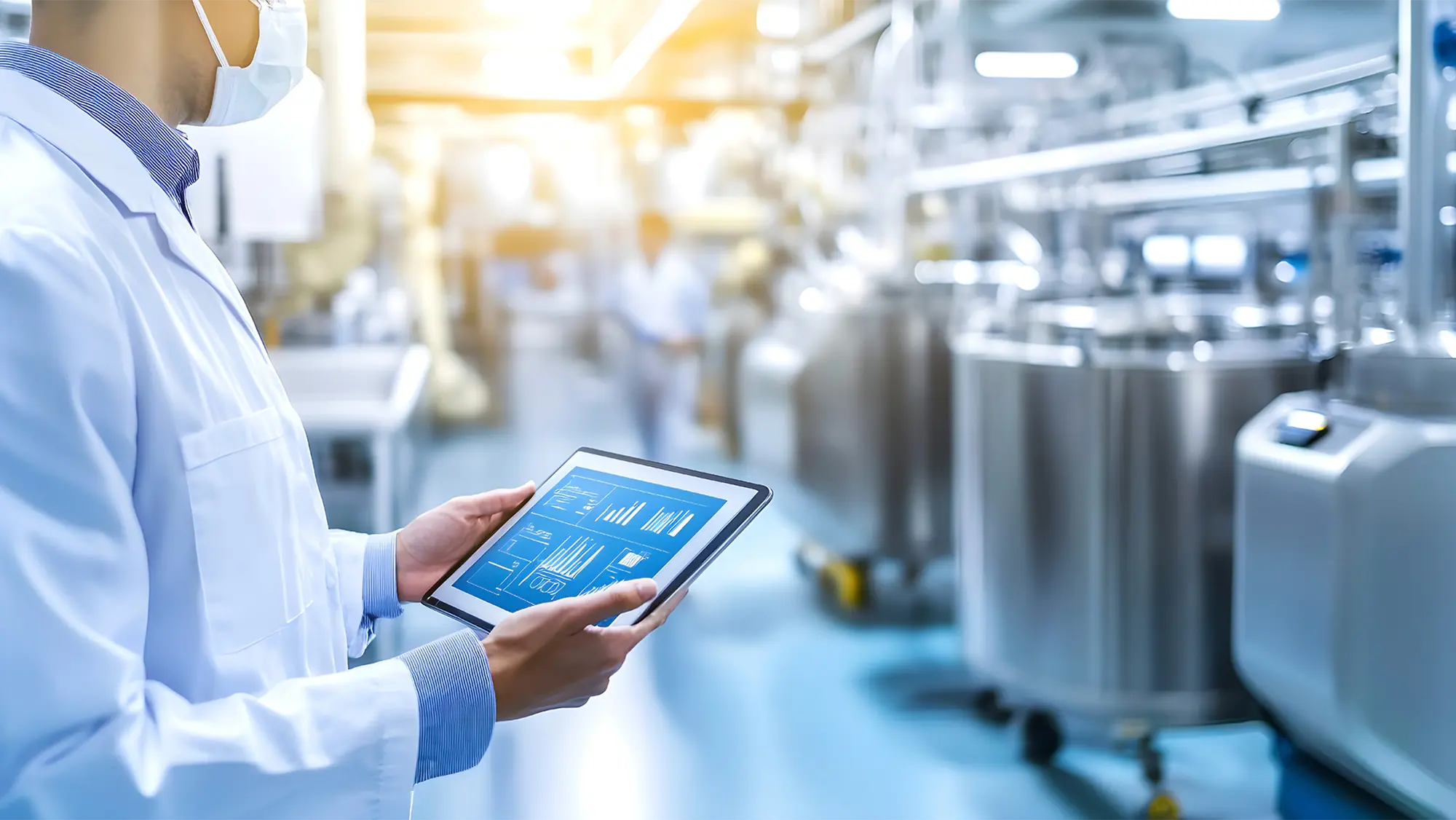-40°C Walk-in Freezer


OverShield by Predictive Monitor protects life sciences companies’ high-value products and refrigeration systems through the power of predictive AI technology and Predictive Monitor’s expert insights. OverShield is a predictive maintenance software service that uses IoT sensor technology and Machine Learning assisted data analysis to prevent equipment problems by identifying the early signs of malfunction.
Personalized medicine is a growing sector of the life sciences industry that uses a patient’s genetics, biomarkers, and environmental factors to create a tailored prevention, diagnosis, and treatment plan. Crucial to personalized medicine is the safekeeping of a patient’s biological samples, which must be stored in cold conditions. In this case, patient samples are stored in a -40°C walk-in freezer.
If this type of long-term storage chamber fails to maintain temperature within its specified operating range, the consequences are not only expensive but catastrophic because the biological samples are irreplaceable.
See OverShield in Action
The company in this case study has a traditional monitoring system to report on the temperature conditions. If a shift in temperature happens, the system alerts the on-call staff, who respond regardless of the time of day to ensure the samples are not compromised. The challenge for this team has been preventing system malfunctions that lead to those reactive, untimely, and stressful situations.
The team implements industry-standard preventive maintenance once every six months. This type of maintenance isn't foolproof because regular maintenance can't predict when equipment is going to fail like predictive technology can. Often there are issues with standard monitoring and maintenance that go undetected until it’s too late, and then there is a total system failure.
In this case study, the stepper valve in the refrigeration was struggling—a malfunction that resulted in barely a blip on the temperature chart. If the stepper valve malfunction continued, it would drastically affect the longevity of the chamber. It would lead to other part failures, resulting in reduced temperature stability for the product.
Since there was no temperature excursion noticeable to the traditional monitoring system, the team would not have known to correct the issue, leading to system failure. When the system fails, there is a range of outcomes.

In the best possible scenario, the redundant system would have kicked on and kept the chamber at the correct temperature, preventing loss. Still, this would have led to significant expenses and the stress of potentially losing priceless samples.
On the other end of the spectrum, in the worst possible scenario, there would have been no redundant system or the redundant system would have failed to activate. In those cases, the product would have been lost, the costs would have been extensive, and patients’ lives would have been at stake.
Outcomes
Thankfully, neither failure scenario happened because this company had the predictive power of OverShield. OverShield’s AI technology trends chamber performance, detects anomalies, and provides expert, prescriptive recommendations so maintenance staff can prevent failures by performing condition-based maintenance.
Chart 1 demonstrates the malfunction with the stepper valve. This malfunction forced parts of the system to run with temperatures 40° to 50° degrees colder than required. In contrast, the temperature chart shows that the chamber temperature was barely impacted by this malfunction and remained within specifications.
OverShield notified on-call staff and the valve was replaced at minimal cost and time. Most importantly, they were able to avoid catastrophic failure, and the product was never in jeopardy.

In this situation, the cost was $84 for a replacement kit for the valve, which took roughly 30 minutes to install.
Without OverShield, the consequences and costs could have been extensive.
- $84 — new valve
- $80 x 4 hours of overtime labor
- $2,800 — mandatory CAPA documentation
- $8,000 — chamber revalidation
- $30,000,000+ in product loss
In any scenario, the most severe cost is risking patients’ lives. The biological samples in this company’s care were critical for treating sick people. If these samples were not stored at the correct temperature, patients might not have gotten the care they need to survive. Life sciences companies with high-value refrigeration systems use predictive technology because they can’t afford to lose their products.

Conclusion
OverShield empowers facilities staff to get ahead of issues and avoid the stress of chamber failure. This new technology is a game-changer for several reasons:
- Confidence and security: OverShield provides confidence in knowing that priceless assets are protected.
- Operational efficiency: Moving from schedule-driven preventive maintenance to condition-based predictive maintenance provides cost savings and allows facilities teams to operate more efficiently.
- Maximized equipment uptime: With OverShield, maintenance staff spend less time fixing failed equipment and more time on their day-to-day jobs, increasing existing bandwidth at a time when the life-sciences sector is experiencing unprecedented growth.
Predictive technology is where GMP maintenance programs are headed, and Predictive Monitor LLC is leading the charge. With OverShield, chamber failures are avoidable because they are predictable.
Predictive Monitor’s mission is to develop innovative technology that improves patient lives by protecting life-saving products.




















